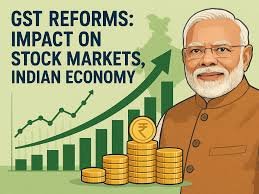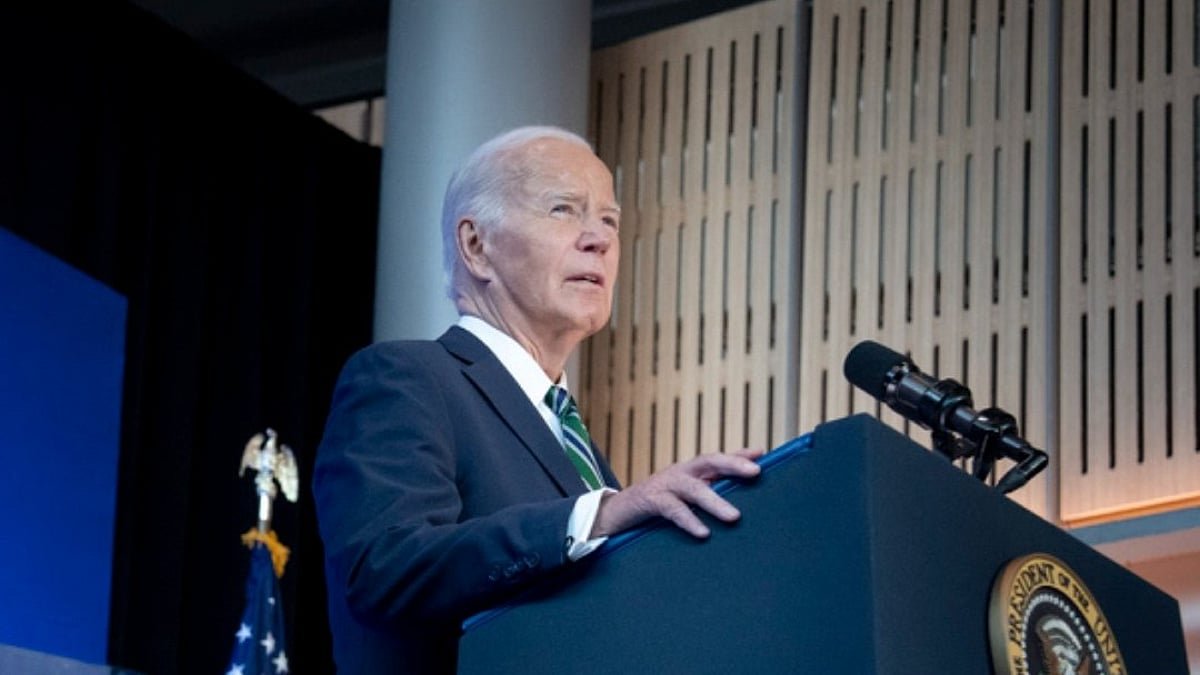 New Delhi, Sept 22: The Goods and Services Tax (GST) reforms, effective from today, aim to reshape India’s taxation system to better serve the aspirations of the country’s youth and create more job opportunities in Micro, Small, and Medium Enterprises (MSMEs) and startups.
New Delhi, Sept 22: The Goods and Services Tax (GST) reforms, effective from today, aim to reshape India’s taxation system to better serve the aspirations of the country’s youth and create more job opportunities in Micro, Small, and Medium Enterprises (MSMEs) and startups.Sectors with high youth participation—such as education, automobiles, technology, handicrafts, footwear, healthcare, food processing, and textiles—have been prioritized for tax reductions to lower costs, boost competitiveness, and encourage innovation. These reforms are designed to reduce the financial burden on households and businesses, strengthening India’s vision of inclusive growth and empowerment of the next generation.
Key Reforms:
Leather and Footwear: GST on chamois leather, composition leather, and leather prepared after tanning has been reduced from 12% to 5%. Additionally, footwear priced up to ₹2,500 per pair now attracts only 5% GST, benefiting young consumers and entrepreneurs.
Eco-friendly Materials: GST has been reduced from 12% to 5% on agro-based and eco-friendly wood substitutes, such as rice husk board and jute particle board, encouraging sustainable manufacturing and MSME competitiveness.
Handicrafts: The GST rate on traditional goods, including idols made of wood, stone, and metals, handcrafted candles, and clay and terracotta kitchenware, has been cut from 12% to 5%, making these products more affordable and globally competitive.
Textiles: GST on man-made fibres has been reduced from 18% to 5%, and the limit for ready-made apparel attracting 5% GST has been increased from ₹1,000 to ₹2,500, supporting India’s ambition to become a global textile hub.
Education and Mobility: GST on educational supplies like pencils, sharpeners, crayons, and exercise books has been reduced from 12% to nil. GST on bicycles has been reduced from 12% to 5%, making them more affordable for students, especially in rural and semi-urban areas.
Fitness and Wellness: GST on gyms and fitness centres has been reduced from 18% to 5%, making fitness services more accessible to a wider section of society, aligning with the broader public health agenda of preventive care and wellness promotion, especially among the youth.
These reforms are expected to stimulate job creation, particularly in MSMEs and startups, by reducing production costs, enhancing competitiveness, and encouraging innovation. By making essential goods and services more affordable, the government aims to empower the youth and foster an environment conducive to entrepreneurship and employment.



